Conducting Board Business After the Palm Decision
Condominium associations are not-for- profit corporations, and like for-profit corporations, management decisions are made by a duly elected board of directors. However, unlike in a typical corporate board, condominium board members serve on a voluntarily basis, and often have busy schedules or full-time jobs that prohibit them from devoting the majority of their time to association board business. Many condominium boards, in associations both big and small, try to balance this time commitment by initially discussing condominium business via email, and then later having an open meeting to vote on the matter.
While practical, the 2014 First District Appellate case Palm v. 2800 Lake Shore Drive Condominium Association, 2014 IL App (1st) 111290 clarified that this conduct was not proper pursuant to the Illinois Condominium Property Act (the “Act”).
In the Palm case, the disgruntled plaintiff/owner asserted that his condominium board was breaching its fiduciary duty by making association decisions via private meetings and emails, outside of open meetings with notice to owners. The Board responded that merely discussing board business in private, or polling or canvassing board members by email was permitted, as long as any final vote was conducted at an open board meeting.
In support of this position, the Board relied on 2(w) of the Act which defines a “meeting” of the board as "any gathering of a quorum of the members of the Board of Managers *** held for the purpose of conducting board business." In its briefs to the Court, the Board pointed out that in 1994, the Illinois legislature amended Sec. 2(w) by substituting the phrase "discussing board business" with "conducting board business." The Board argued that based on this change in the language, there should be more flexibility in allowing a board to have informal discussions or workshops in advance of the vote at an open meeting. The Court apparently was unimpressed with this reasonable argument, and concluded that a board cannot properly vote on an issue unless it also discusses and considers the issues before any vote. Therefore, the Court ruled that these workshops or email exchanges constituted “conducting board business” and were thus improper outside of an open meeting.
The results of Palm were harsh and drastically impacted how decisions were made. Boards were forced to either delegate more authority to their property managers, if fortunate enough to have one, or spend more time out of their already busy days to hold more open meetings to comply with the holding. Some even feared if Palm was being violated if two out of three board members were in an elevator and casually talked about something related to the condominium. In response, the Illinois legislature amended Section 18(a)(9) of the Act, effective January 1, 2017, to provide much needed relief from Palm.
First, the amendment expands the number of categories that boards may discuss in private outside of an open meeting. Please see our firm article Illinois Legislature Amends Condominium Act in Response to Harsh Holding of Palm for a more detailed discussion of these additional topics. Second, and more importantly in regards to Palm, the amendment allows these discussions to occur without any notice to the unit owners. Prior to the amendment, Palm required boards to break into executive sessions at regularly scheduled board meetings in order to discuss these matters. Now, the amendment allows boards to discuss and canvass these matters in private email exchanges, the exact behavior that Palm initially prohibited. Of course, consistent with Palm, the Act still requires that any final decisions made by the board must be voted on at an open meeting.
Please contact David Rudolph of Rudolph Kaplan LLC for more information regarding compliance with Palm v. 2800 Lake Shore Drive Condominium Association.


